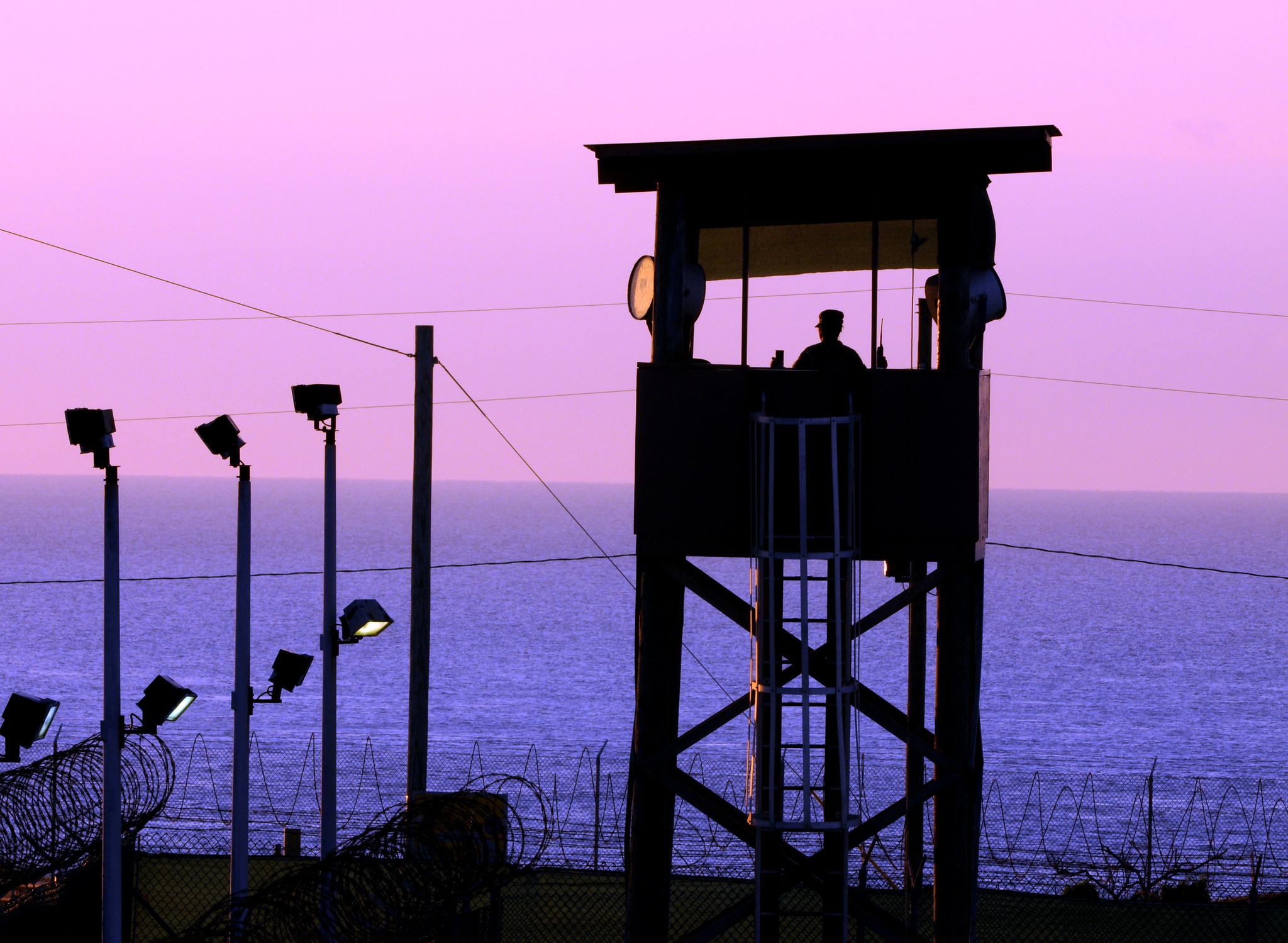US to Delay Transfer of Detention Center in Parwan
In prior posts such as this one, I've noted that the United States eventually will transfer control over the Detention Center in Parwan to Afghan authorities. The most recent goal for that transfer was January 2012, but that goal was always contingent on sufficient progress being made in terms of the Afghan government's personnel, resources, and legal framework. Huge strides have been made in that regard, but with 2012 fast approaching the
Published by The Lawfare Institute
in Cooperation With

In prior posts such as this one, I've noted that the United States eventually will transfer control over the Detention Center in Parwan to Afghan authorities. The most recent goal for that transfer was January 2012, but that goal was always contingent on sufficient progress being made in terms of the Afghan government's personnel, resources, and legal framework. Huge strides have been made in that regard, but with 2012 fast approaching the Washington Post reports that the decision has been made to defer transfer until 2014.
I don't think this is all that surprising, nor do I think it is cause for alarm. Afghanistan is in the midst of a protracted armed conflict, and is starting from a very difficult position in attempting to construct the legal tools and other resources necessary to address its security situation. The Post's story describes that challenge:
The inability of Afghan judges to handle classified intelligence is one of many problems delaying Parwan’s hand-over, according to U.S. officials who say they would be willing to share such information if the proper Afghan procedures existed. The Afghan legal code — crafted in 1976, during a time of relative peace — lacks the capacity to deal with the demands of wartime criminal justice, officials said. Detainees must be indicted within three days of being arrested. Forensic evidence is rarely considered. And the accused must be tried within the province where he is apprehended, even though many provincial courts are notoriously corrupt and insecure. To develop judicial capacity both in Parwan and beyond, the United States has helped train a slew of Afghan judges and attorneys, aiming to develop institutions that have long languished due to political gridlock and a lack of funding. Efforts to address the shortcomings of the legal code in parliament or through a presidential decree have stalled, even though some of the country’s top legal advisers acknowledge the need for reform. [Note: The Post's story also notes that Afghanistan does not yet have a domestic law framework supporting military/non-criminal detention of insurgents (whether as combatants or as security internees), though such a framework is under consideration.]Despite these challenges, the efforts by U.S. and NATO forces to held Afghanistan stand up its criminal justice capacity has made remarkable strides. The Post's story observes:
The Afghan-run court at Parwan is growing, albeit slowly, and is now hearing about 50 cases per month. Despite its flaws, it marks a significant improvement over the rest of the country’s courts.So what should one take away from all this? First, a transfer is inevitable in Afghanistan, just as is was inevitable in Iraq. Therefore it is imperative to do what we can to assist Afghanistan in developing the rules, institutions, personnel, and resources they will need when that point comes. Second, this is an extraordinarily difficult task. And while it was fine (and perhaps necessary) to set an optimistic date as a goal, it would be a mistake to declare the effort a failure just because that optimistic date was not met. What is needed now is continued support for the ongoing efforts which have begun to bear fruit at Parwan (coupled with continued reliance in the interim on the US-administered detention alternative). Finally, I wanted to include a link to this piece, which nicely captures the dilemmas troops in the field face when they encounter a person in possession of suspicious materials possibly relating to IEDs, and then have to determine whether to bring a person into the detention system.
Robert (Bobby) Chesney is the Dean of the University of Texas School of Law, where he also holds the James A. Baker III Chair in the Rule of Law and World Affairs at UT. He is known internationally for his scholarship relating both to cybersecurity and national security. He is a co-founder of Lawfare, the nation’s leading online source for analysis of national security legal issues, and he co-hosts the popular show The National Security Law Podcast.


-final.png?sfvrsn=b70826ae_3)

